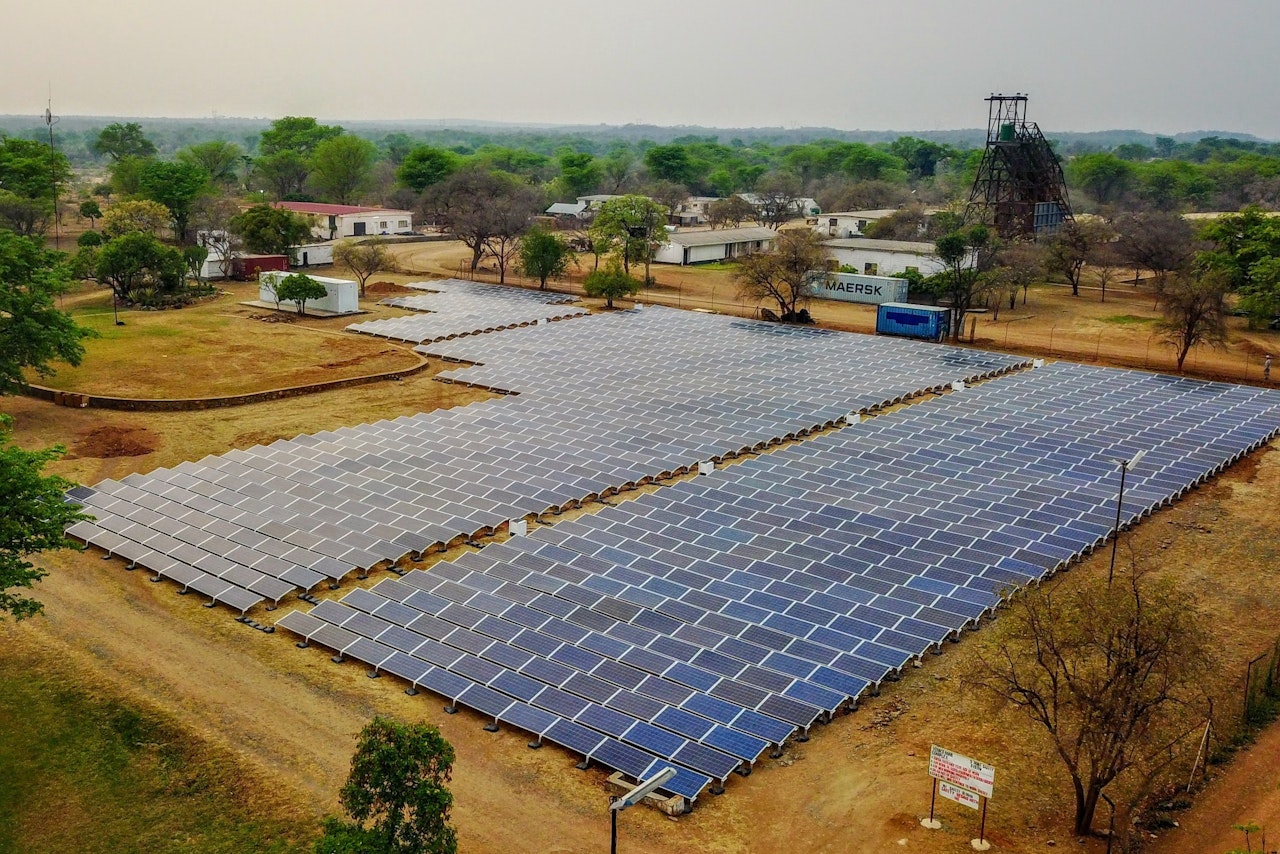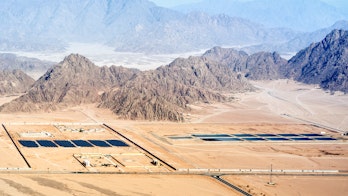Financing Clean Energy in Africa
World Energy Outlook Special Report

About this report
Although Africa accounts for one-fifth of the global population, the region currently attracts only 3% of global energy investment. By 2030, energy investment needs to double to over USD 200 billion per year, in order for African countries to achieve all their energy-related development goals, including universal access to modern energy, while meeting in time and in full their nationally determined contributions.
Financing Clean Energy in Africa, a World Energy Outlook Special Report, builds on the key findings from the Africa Energy Outlook 2022, which introduced the Sustainable Africa Scenario (SAS), and charts innovative investment solutions across the continent that are critical to scale up energy investment. It develops a theory of change based on the positive spillover effects of increasing the availability of affordable capital for clean energy projects. Currently, the cost of capital for energy projects in African countries is at least 2-3x higher than in advanced economies and China, which hinders investment by raising project costs.
The International Energy Agency (IEA) and the African Development Bank Group have joined forces to produce this new analysis, which benefitted from the review of over 85 case studies and over 40 stakeholder interviews. The report focuses on a range of topics, spanning technologies and financing providers, including local institutions, and looks at what types of capital are most suited for the specificities of each sector or technology. The analysis pays close attention to how to scale up private investment, including the role of de-risking support from development finance institutions (DFIs) and donors: by 2030, USD 28 billion of concessional capital will be necessary to mobilise the required USD 90 billion in private investment in clean energy. Increasing the role of the private sector allows DFIs and donors to also scale up support to non-commercial areas, such as enabling environments, unproven technologies and fragile and conflict-afflicted states, unproven technologies.
Africa Energy Outlook 2022
The report analyses infrastructure expansion needs, investment requirements, financing options and energy policy priorities. It also explores a shifting fuel mix that supports resilient development, opportunities for new exports, and just transition issues – including energy access, affordability and employment.
